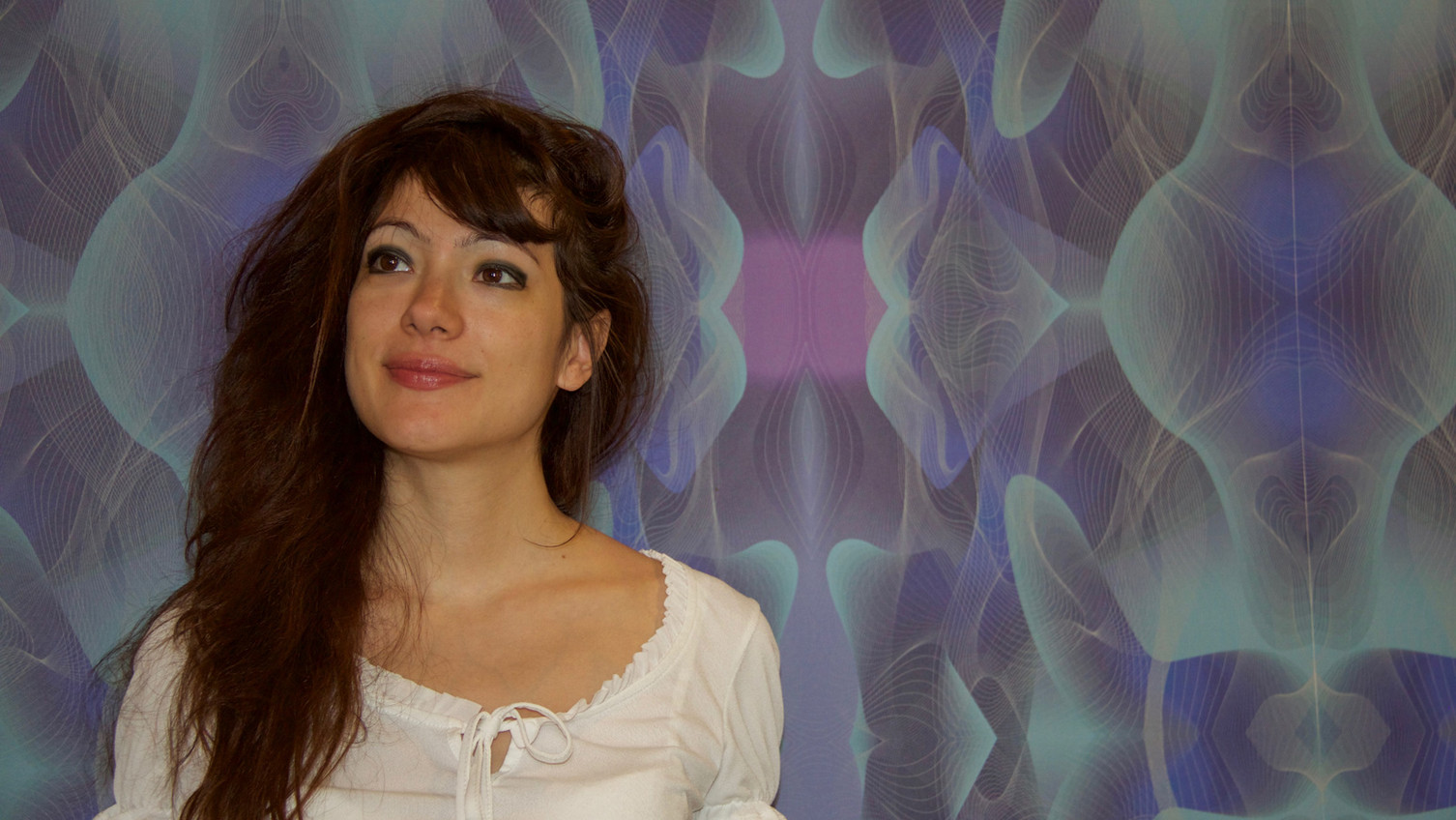Philia. Artificial intelligence and e-learning
2021-01-19 Belen Prado, a PhD student at the Institute for Culture and Aesthetics of Digital Media, won the "Learning with AI" challenge in the European Commission's "DigiEduHack 2020" competition at Aalto University in Helsinki with her project on artificial intelligence.
Belen Prado shows that artificial intelligence can help with e-learning. With her project "Philia" she won the challenge "Learning with AI" in the programming competition "DigiEduHack 2020". The competition was organized by the European Commission together with several academic partners. Ideas could be submitted on how to support students in e-learning as well as in its online environment. The program Prado wrote is called "Philia," from φιλία, the ancient Greek word for love. It is an artificial intelligence that can be added as an add-on to any common learning platform (Moodle, myStudy, etc.).
After logging into the learning platform, Philia asks a question (such as "How do you feel?"). One can answer whatever one wants. It does not depend on the (semantic) content of what you say, but only on your voice. Philia is able to recognize how the user is feeling based on the speech pattern. Using an if-then link, the program compares the input with a database and then suggests something to the user. If Philia detects that the user is sad, tired or confused, it suggests watching a certain video, listening to a podcast or clicking on a link to a lecture. When users are motivated or in a good mood, it reinforces those moods with positive feedback. An encryption mechanism guarantees that the values determined by Philia are only visible to the user.
The project was informed by her own experiences as a teacher: "In my seminar in the summer semester, a few of my students had high absenteeism. After the semester, they wrote to me that they actually liked my seminar a lot and would have liked to attend more often, but were having problems due to the pandemic. I then realized that with e-learning, the human side of communication, especially emotions and feedback, often falls short. Something is missing here, namely support for students. Empirical studies repeatedly show that cognitive performance is closely linked to emotions: learning processes accompanied by emphatic feedback are much more effective than those without. With Philia, I want to encourage students above all else."
Belen Prado studied philosophy, political science and computer science in Buenos Aires, Argentina. In 2019, she came to Leuphana on a DAAD scholarship. The focus of her PhD on the epistemology of artificial intelligences is on the evolution of machine learning in the context of Simondon's philosophy. Her research goal is to develop a philosophical framework of understanding for artificial intelligences.
The competition will continue. In the new round, there will be no jury to decide; instead, voting will be done via online voting.

